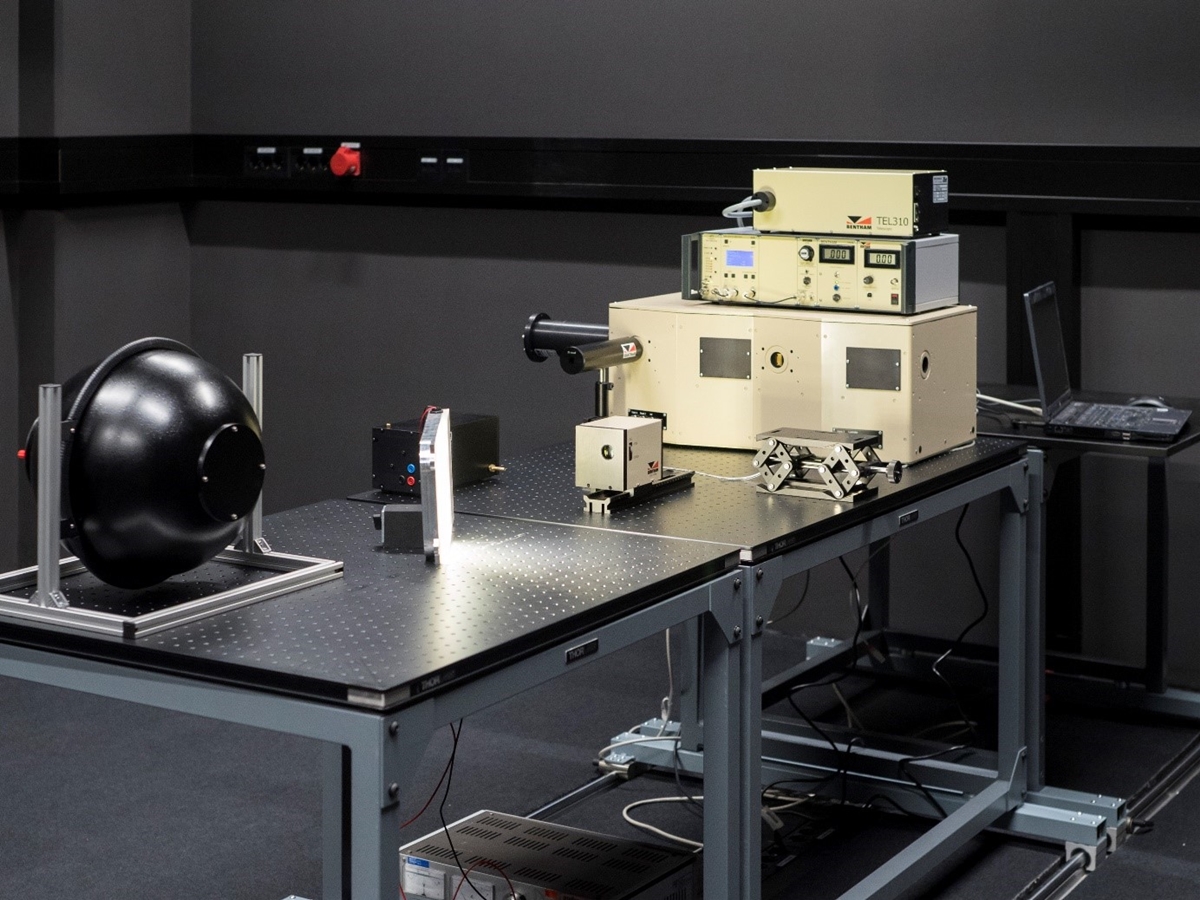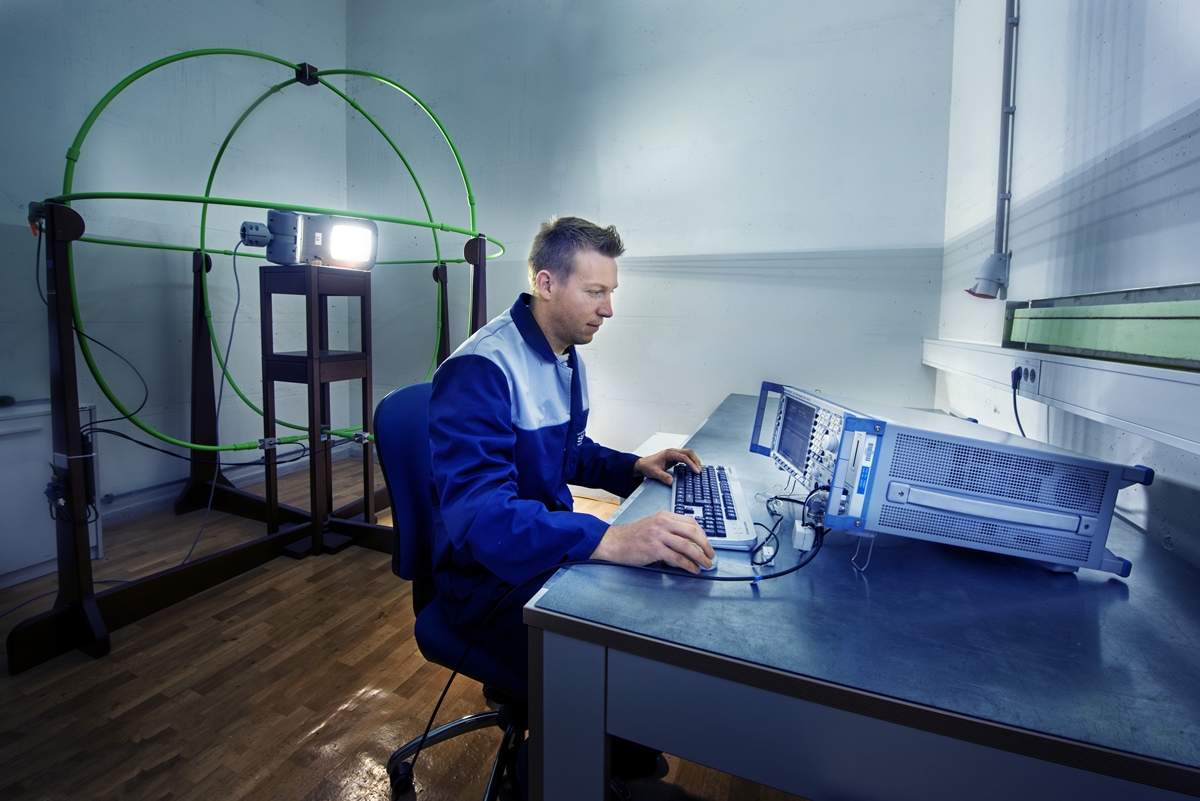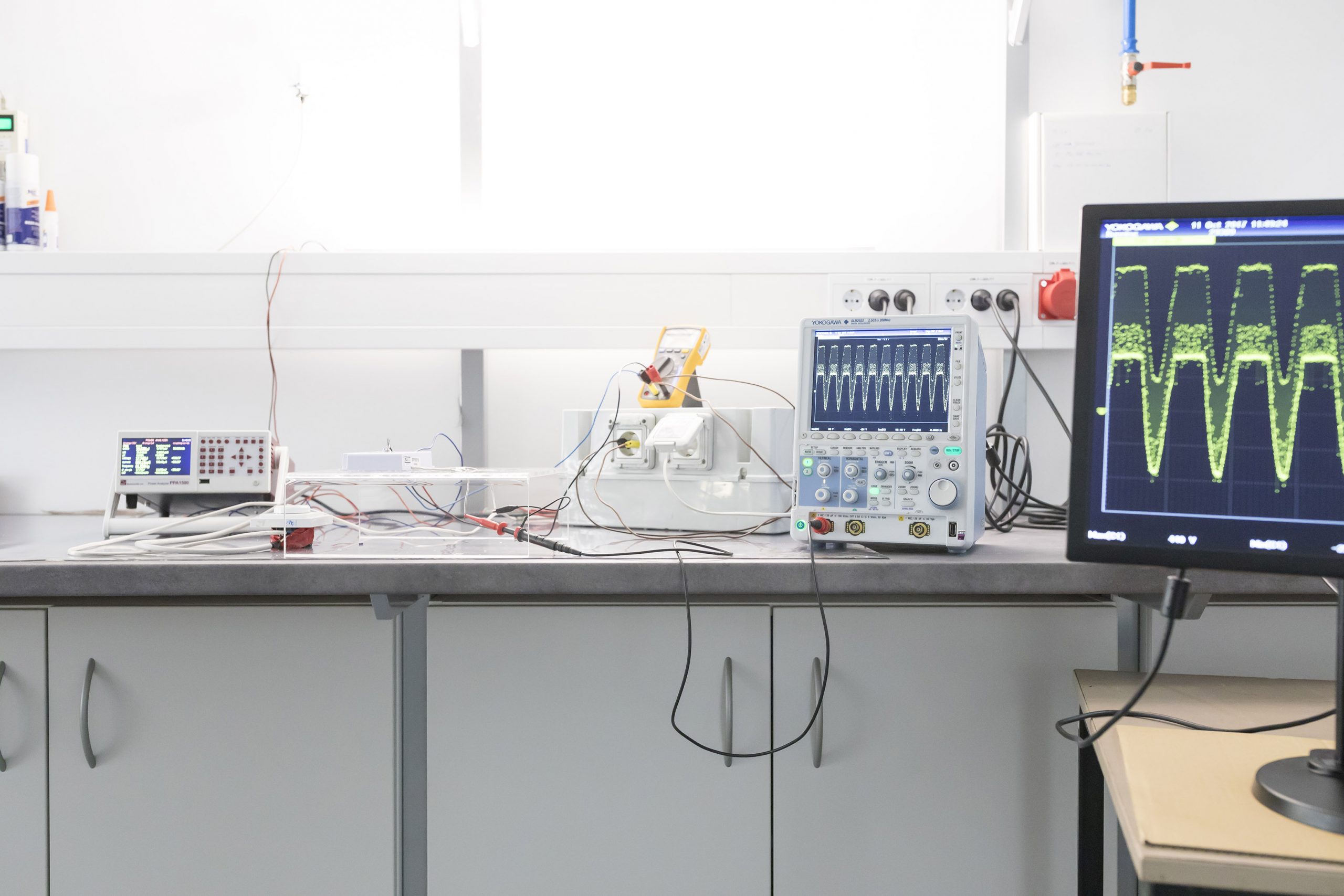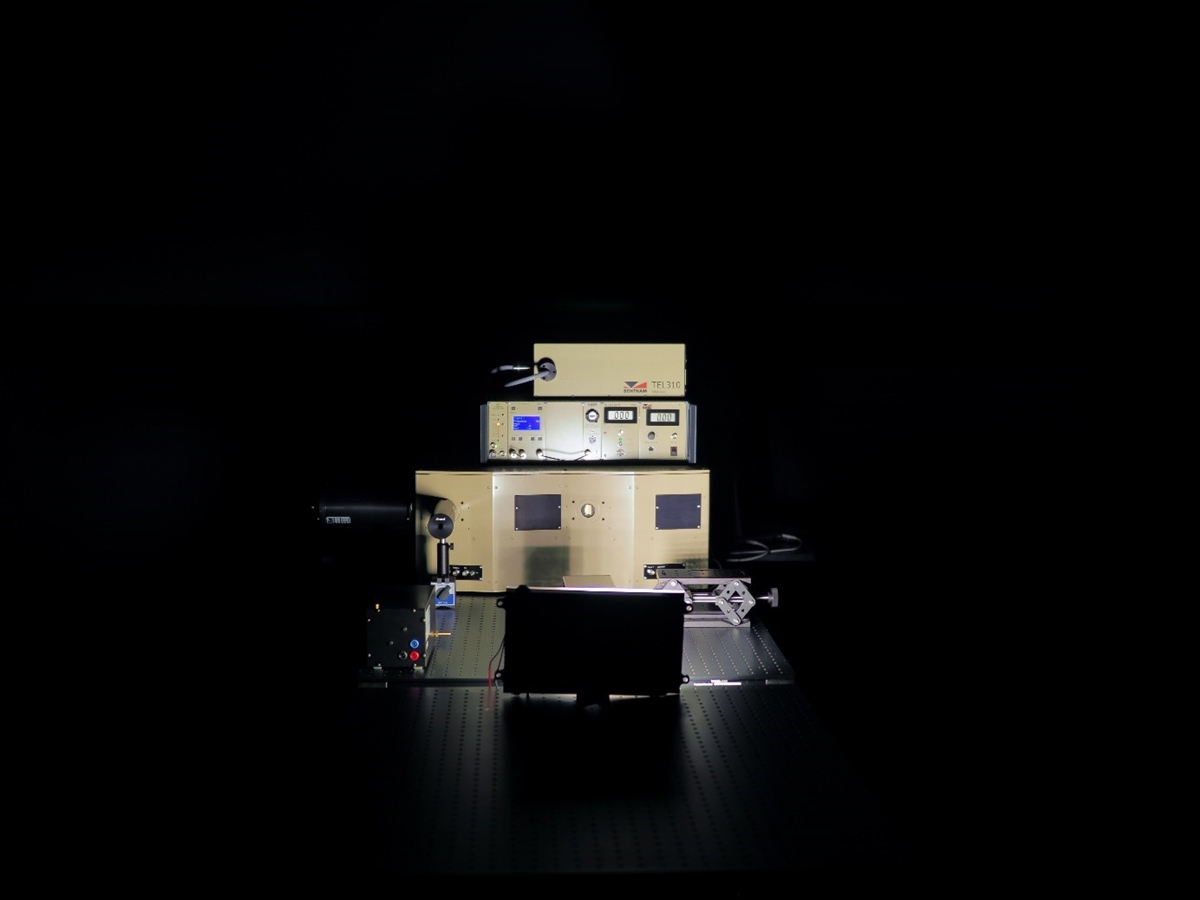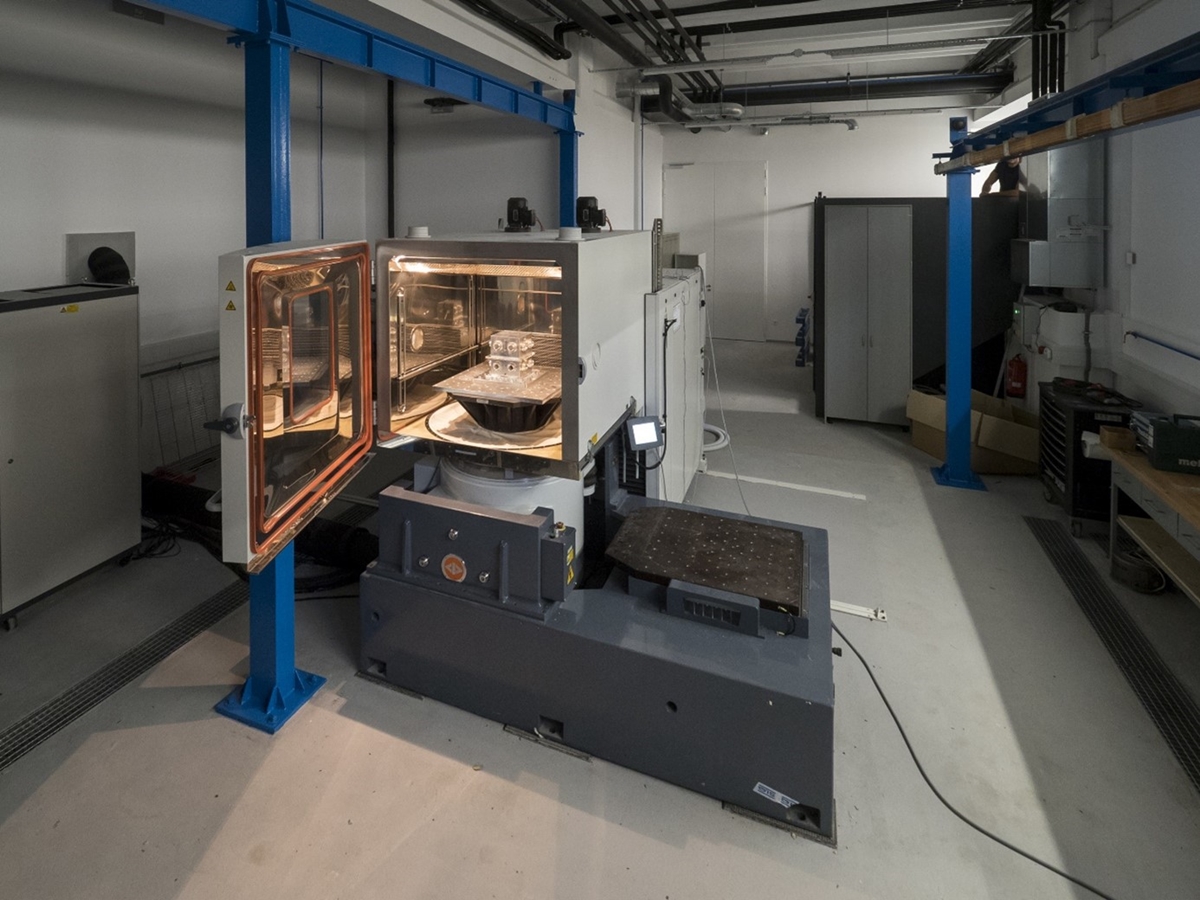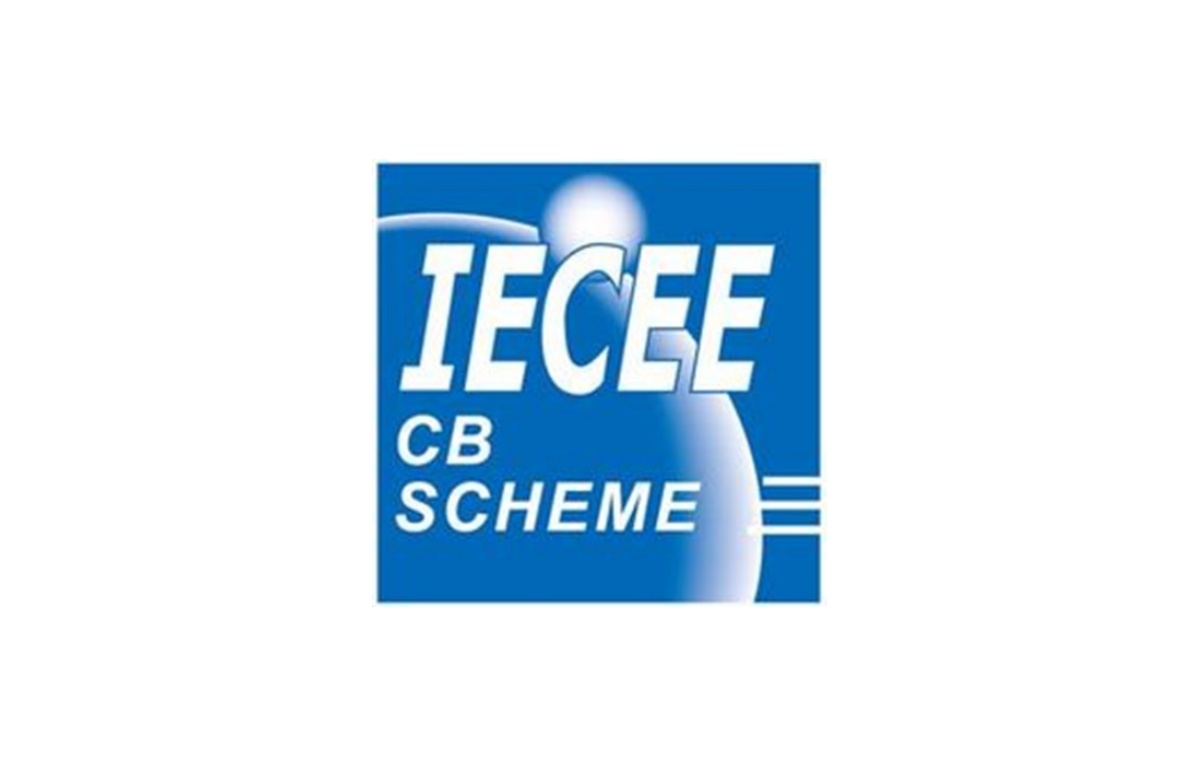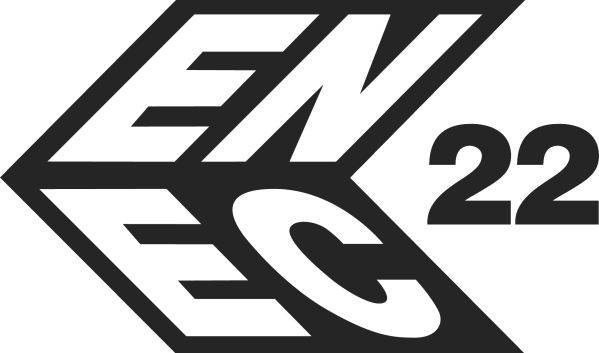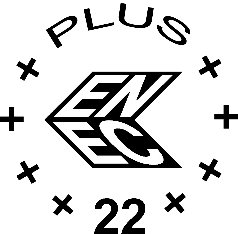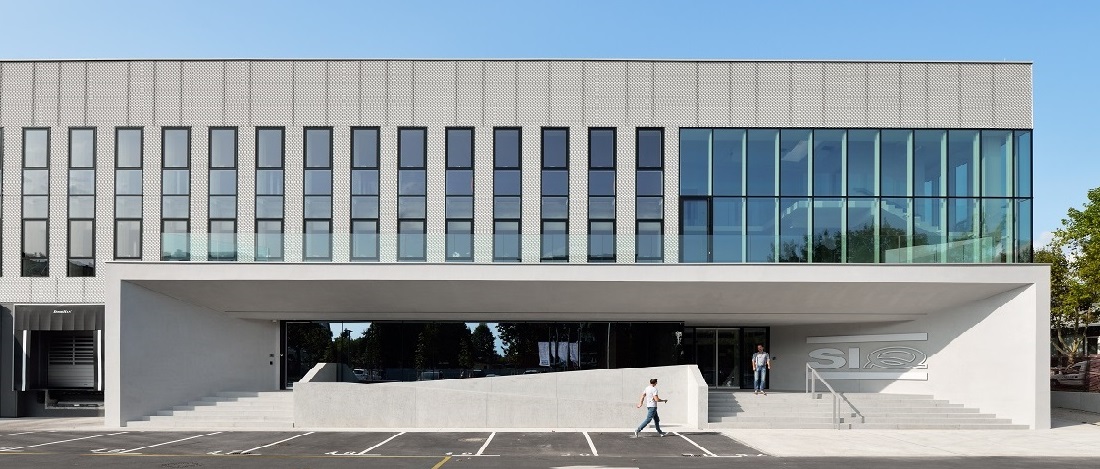The ENEC Mark is well known and recognized on the European market and is, therefore, a good choice for wider acceptance of products. The ENEC Mark on the product indicates that:
- The product complies with all certification mark requirements of the relevant European harmonized safety standards.
- The product meets the requirements of the Low Voltage Directive 2014/35/EU.
- The manufacturer’s quality management system meets the basic and partially upgraded requirements of the ISO 9001 standard.
- The production line is inspected periodically.
The ENEC Certification Mark is a common European safety mark for the following product categories: luminaires and accessories, household and similar electrical appliances, IT equipment, electrical hand-held and portable tools, transformers, switches, automatic control devices, condensers, connection devices, and batteries.
SIQ is qualified to grant the common European ENEC Certification Mark for the majority of the product categories listed above.
The procedure for obtaining a license for the use of the ENEC Certification Mark consists of product approval, manufacturer approval, and inspection of the production procedure. The license is not time-limited if regular factory inspections and follow-up testing of the product are carried out.
The benefits of the ENEC Mark are obvious: it is a highly recognized certification mark throughout Europe requiring one certification instead of many separate ones, which saves both time and money.
